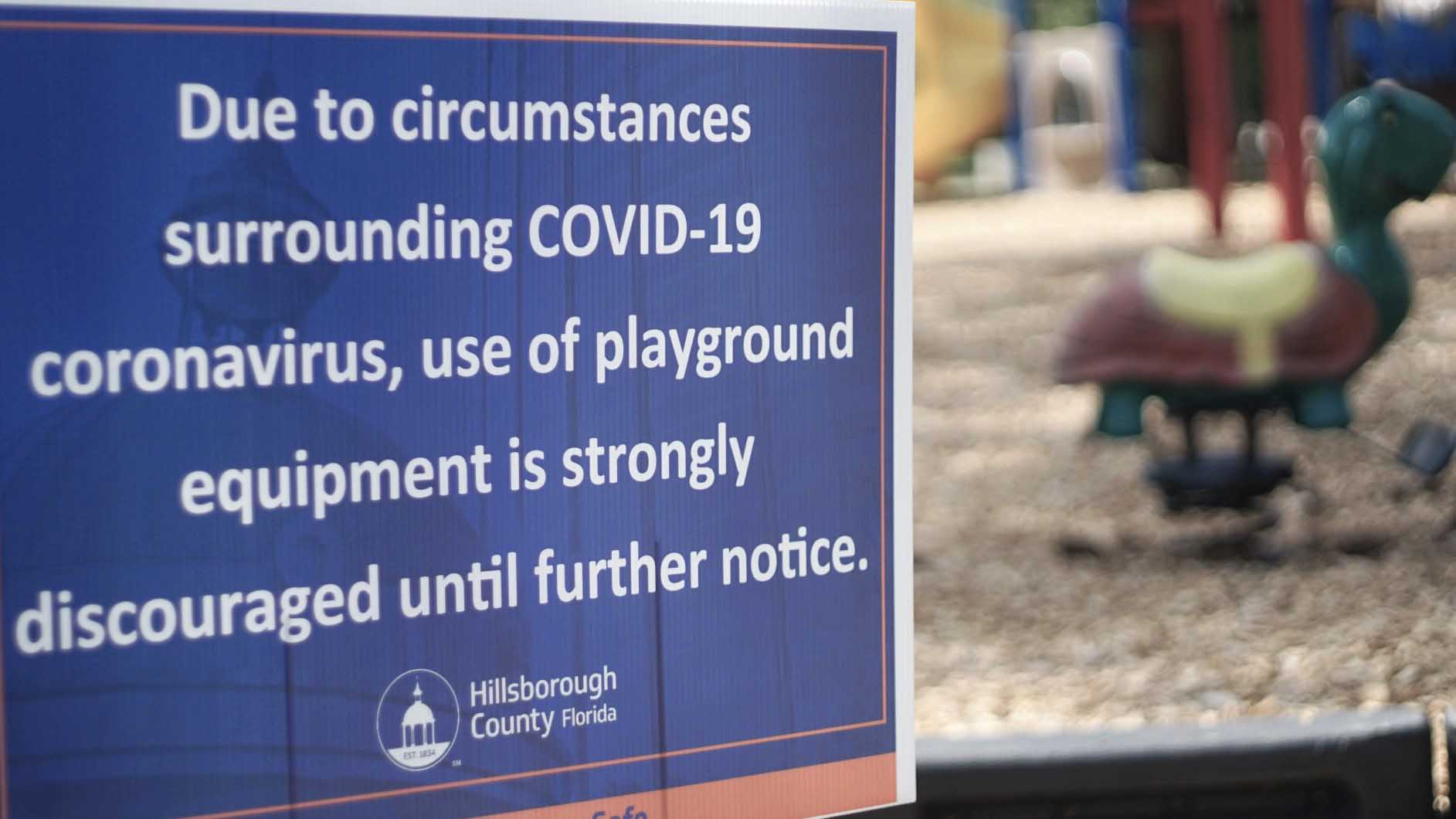Can the Government Shut Down Businesses in the Wake of the COVID-19 Pandemic?
To stem the COVID-19 spiral, the US Government shut down businesses, learning institutions, and places of worship and forced citizens to stay in their homes. As business remained crippled and the economy faced downtime, companies and individuals asked if the government has any right to actually shut down businesses.
Below we discuss COVID-19 and the US constitution to determine if the government was in the right to call for closures across the country.
COVID-19 and the Constitution
To determine if the government has any right to set restrictions on business operations and force people to stay in their homes, we must take a close look at the link between the deadly virus and the constitution. The pandemic raised a host of constitutional issues, including the following:
- How the government can operate while adhering to social distancing;
- The interplay between federal and state governments in response to the crisis;
- How presidential powers may affect democratic forms in emergencies;
- Whether voting procedures would change in the face of the pandemic.
Yes, But No Arbitrary Action
The government has the constitutional right to close down businesses in the face of a pandemic, or any emergency for that matter. However, it’s unlikely that the government will send out the military to ensure citizens are following all restrictions exactly. The declaration for the closure of businesses would have to stay within the precincts of the laws authorizing the edict.
Governors across the country have imposed various restrictions in the last 8 months based on the severity of case rate. Since the virus has been spreading rapidly in November, many governors, such as Governor Murphy of New Jersey, have put forth new restrictions and safety protocols for citizens. Some restrictions are more enforceable than others. For example, it’s easier to ensure restaurants and bars close at 10 p.m. than to make sure family members aren’t gathering in large groups indoors. The latter has caused friction between many individuals who have chosen not to comply with specific gathering measures.
Preventing Abuse of Power
The separation of our government entities into three branches is to prevent the possible abuse of power. Because of this, governors cannot do whatever they please, even if their actions are in the best interests of the people.
For example, when Michigan Governor Gretchen Whitmer extended stay-at-home orders in the spring, Republican legislators introduced a bill to strip her of certain powers, causing some of her restrictions to be ruled back in the state. Yet emergencies, such as the pandemic, allow for flexibility in statutory powers.
Other examples of state’s of emergency include hurricanes and snowstorms, where governors are given the ability to call on police to redirect traffic, free up funds earmarked for emergencies, and call on the National Guard to help.
The Bottom Line
The government has the right to shut down businesses and quarantine citizens in the process for the safety, welfare, and health of the people. Companies and businesses should take appropriate measures to comply with government directives. However, they can mitigate the impact of executive orders by checking if they have insurance coverage for business interruptions resulting from the state closure of their firms.

